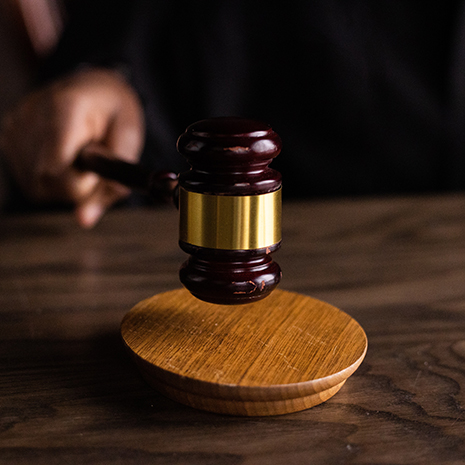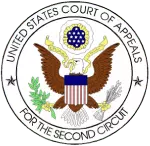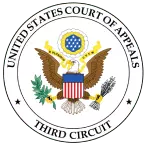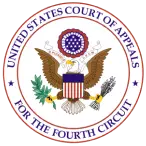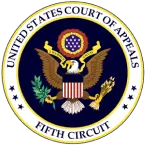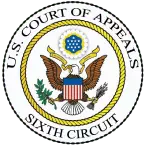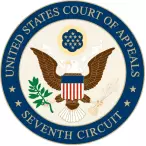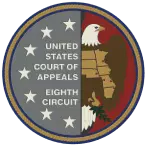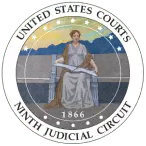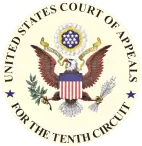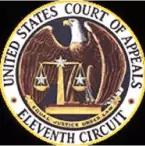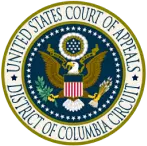This is particularly significant in federal criminal cases where convicted individuals can appeal their convictions and sentences. The appeals court reviews the case to identify any legal errors that could have impacted the trial outcome.
If such errors are found, the appeals court may reverse the conviction and return the case to the district court for retrial.
If you or someone you love is serving time for an unjust conviction or sentence, don’t try to handle it alone. You need a federal appeals lawyer who knows the ins and outs of the Court of Appeals and will work tirelessly to defend your rights and freedom.
Contact us today to discuss your case.
About the First Circuit Court of Appeals
Established on June 16, 1891, The First Circuit Court of Appeals is located in Boston, Massachusetts, and houses nine circuit judges who hear various appellate cases. The court resides inside the Moakley U.S. Courthouse, which also contains the U.S. District Court for the District of Massachusetts.
Contact Information
Address
1 Courthouse Way
Boston, MA 02210
Phone
Clerk’s Office: (617) 748-9057
Hours of Operation
8:30 a.m. – 5:00 p.m.,
Monday through Friday (excluding federal holidays)
Website
https://www.ca1.uscourts.gov/
1st Circuit Court of Appeals Judges
- Jeffrey R. Howard
- Bruce M. Selya
- Michael Boudin
- Norman H. Stahl
- Sandra L. Lynch
- Kermit V. Lipez
- O. Rogeriee Thompson
- William J. Kayatta, Jr.
- David J. Barron
Federal Criminal Appeals in the First Circuit Court of Appeals
The First Circuit Court of Appeals hears various cases, including criminal appeals for federal offenses such as:
- Bank & mortgage fraud
- Drug trafficking
- Firearm convictions
- Healthcare fraud
- Hobbs Act & public bribery corruption
- Mail & wire fraud
- RICO & conspiracy
- Securities fraud
- Tax fraud
- White-collar crime
The First Circuit Court of Appeals is an important institution in the federal judiciary system, particularly in the states it covers. If you or a loved one has been convicted of a federal crime, it is essential to seek the help of a seasoned federal appellate attorney with experience arguing cases before this court.
The attorneys at Elizabeth Franklin-Best can help you navigate the complex appeals process and provide the guidance and support you need to achieve the best possible outcome for your case.
Criminal Appeals Process in the First Circuit
Once a person has been convicted in the federal district court, , an individual or their family can appeal that conviction and sentence to the appropriate appellate court, such as the First Circuit Appeals Court.
The appeals process typically involves the following:
- Notice of appeal — If an individual or their family wants to appeal the conviction, they must file a notice of appeal with the appropriate appellate court, such as the First Circuit Appeals Court.
- Record on appeal — Once the notice of appeal has been filed, the lower court will assemble the “record on appeal,” which includes all relevant legal documents and transcripts from the trial.
- Briefing — The individual or their family, through their attorney, will submit a written brief to the appellate court outlining the legal arguments for why the conviction should be overturned.
- Oral argument — The appellate court may schedule an oral argument, where the individual’s attorney will present their arguments before a panel of judges.
- Appellate court decision — The appellate court will review the lower court’s decision and arguments presented by both sides to determine whether any legal errors or constitutional violations occurred during the trial.
– If the appellate court finds in favor of the individual, it may overturn the conviction and remand the case for a new trial or sentencing.
– If the appellate court upholds the lower court’s decision, the individual or their family may appeal further to the Supreme Court.
The federal criminal appeals process can be lengthy and complex. However, having the support and guidance of an experienced federal appellate attorney like Elizabeth Franklin-Best can help ensure that individuals and their families have the best possible chance of success in their appeal.
Why You Need a First Circuit Federal Appellate Attorney
Appealing to the First Circuit Court of Appeals can be beneficial in many ways. It is an opportunity to have the conviction or sentence reviewed and potentially overturned, which can positively impact the individual’s life.
However, successfully challenging a conviction or sentence is not an easy feat. Federal criminal appeals are a highly specialized area of law, and navigating the complex rules and procedures of the appellate process can be challenging for those without legal training.
Appellate courts have strict rules and procedures that you must follow, and even a small mistake in legal filings or arguments can lead to a case being dismissed or an appeal being denied.
By working with Elizabeth Franklin-Best, you can have peace of mind knowing that you have an experienced appellate attorney on your side. Our team has years of experience representing clients in federal criminal appeals cases and deeply understands the complex legal issues involved.
We will work tirelessly to protect your rights, navigate the complex appellate process, and present compelling legal arguments to the First Circuit Appeals Court.
Contact Elizabeth Franklin-Best Today
Take action now and contact our federal appeals lawyers to help you navigate the complexities of a federal criminal appeal. The damage may have been done, but this is not the end of your fight for justice.
You still have options, and a skilled attorney can help you explore them. Don’t let a conviction or sentence define you. Contact us today to protect your rights and fight for your freedom.
FAQ: First Circuit Criminal Appeals
What types of cases does the First Circuit Appeals Court hear?
The First Circuit Appeals Court has jurisdiction over cases from Maine, Massachusetts, New Hampshire, Puerto Rico, and Rhode Island. It hears appeals from federal district courts and federal administrative agencies, including criminal appeals.
How does the federal criminal appeals process work?
The federal criminal appeals process is a complex and lengthy process that involves reviewing the legal and factual errors during the trial. Appeals are generally filed with the appellate court within a certain time frame after the trial verdict is rendered.
The process includes the briefing stage, where the parties submit written arguments, and the oral argument stage, where the parties present their case before the appellate judges.
What errors can be raised on appeal in a federal criminal case?
Several types of errors can be raised on appeal, including legal errors (such as incorrect application of the law), factual errors (such as insufficient evidence to support a conviction), and procedural errors (such as misconduct by the judge or prosecutor).
How can Elizabeth Franklin-Best help with federal criminal appeals cases?
Elizabeth Franklin-Best has extensive experience with the federal criminal appeals process and can provide guidance and representation throughout the appeals process. The firm can help identify legal and factual errors during the trial, prepare compelling written arguments, and present a strong case at the oral argument stage.
What should I do if a loved one has been convicted of a federal crime?
A federal criminal conviction can be a difficult and stressful experience for both the individual who has been convicted and their loved ones. It’s important to seek support and guidance from professionals who can help navigate the legal and emotional challenges of the situation.
Elizabeth Franklin-Best is committed to providing compassionate and understanding legal representation for individuals and their loved ones facing federal criminal appeals cases.

